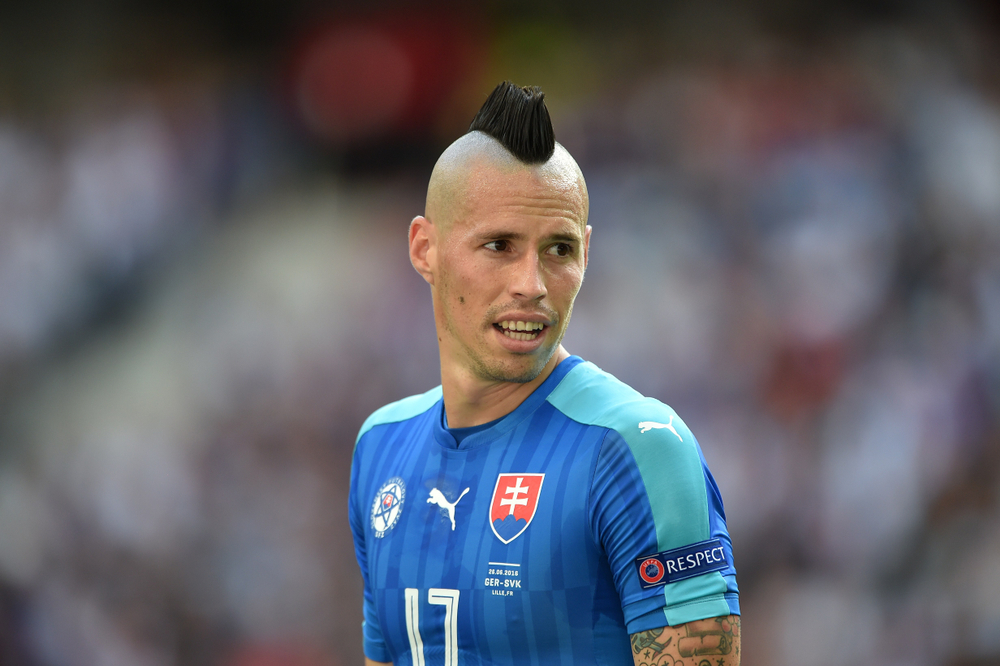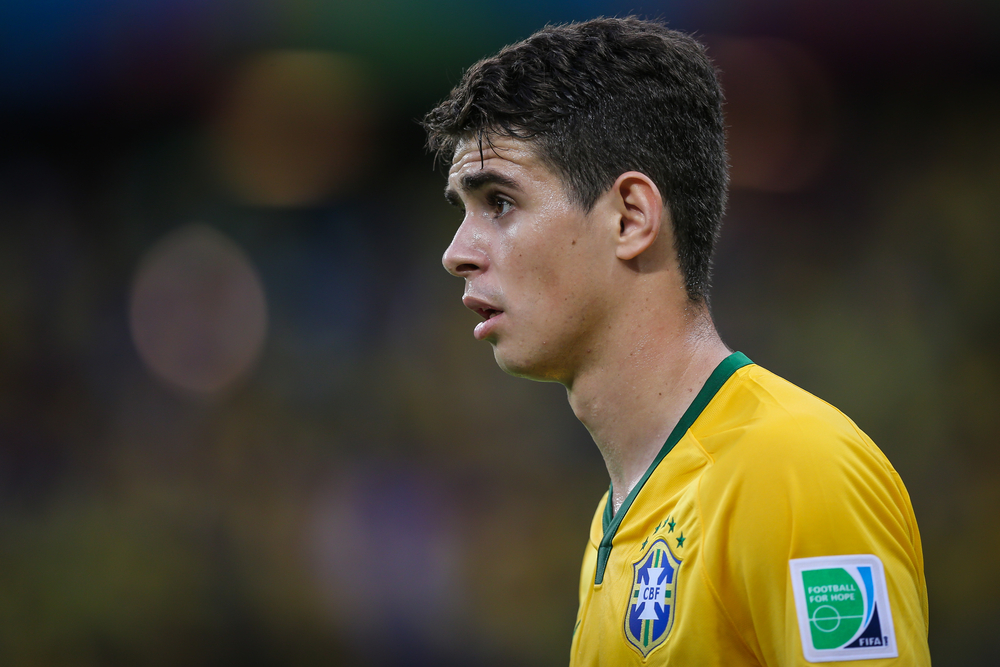The Rise and Fall of the Chinese Super League: Lessons from a Spending Spree
Peter Richards: Sports Correspondent – Sunday 20 October 2024 08:00 BST
In the mid-2010s, the Chinese Super League (CSL) made waves in the global football community, capturing headlines with a flurry of high-profile signings that promised to elevate its status on the world stage. Between 2016 and 2017, clubs shattered Asian transfer records, signaling a potential shift in the footballing hierarchy. Among the notable transfers, Brazilian star Oscar’s stunning £60 million ($82 million) move from Chelsea to Shanghai SIPG drew significant attention. At just 25 years old, Oscar was a prized asset in European football, and his decision was largely influenced by the opportunity to secure his family's financial future.
Antonio Conte, then-manager of Chelsea, expressed both surprise and understanding at Oscar’s choice, warning that the emergence of the Chinese market posed a growing threat to European clubs. “This isn’t just an issue for Chelsea; it’s a concern for clubs worldwide,” he remarked, foreshadowing a competitive landscape that might soon include the CSL as a serious contender.
The Boom
Oscar's transfer was a significant indicator of China’s ambition to transform itself into a “soccer powerhouse.” Under President Xi Jinping’s directive, initiatives to boost football's popularity included embedding the sport in school curriculums and launching a sweeping 50-point reform plan aimed at professionalizing the Chinese Football Association (CFA). The goal was not only to elevate the domestic league but also to build a robust national team capable of competing on the world stage—especially crucial since China had qualified for the World Cup only once, in 2002.
The CSL’s spending spree was fueled by the desire to attract top international talent, and it worked—momentarily. Clubs like Guangzhou Evergrande, Shanghai SIPG, and Beijing Guoan all made headlines by signing big-name players such as Ramires, Jackson Martinez, Alex Teixeira, and Hulk. The influx of foreign talent initially seemed to bolster the league's credibility and draw in fans. Matches became spectacles, showcasing not just local talent but also stars from some of the world’s top leagues.
However, the euphoria surrounding these signings masked underlying issues that would later contribute to the CSL's decline.
The Backlash
Despite the excitement, the CSL began to face criticism for being exploited by foreign players seeking quick financial gains. High-profile signings like Carlos Tevez, who joined Shanghai Shenhua as the highest-paid player globally, struggled to justify their lucrative contracts. Tevez managed only four goals in 16 matches, and coach Wu Jingui labeled him "overweight" during his single season in the CSL. Meanwhile, Oscar himself openly stated that his intention was to return to Europe within a few years to play at a “high level,” raising questions about the commitment of foreign stars to the league's long-term success.
In 2018, the CFA responded to concerns over financial sustainability by imposing a tax on clubs spending over £5 million ($7 million) on foreign players, effectively doubling the transfer fees. This regulation sought to curb the excessive spending that had characterized the league's initial growth. However, it also served to stifle the influx of high-profile talent, which many clubs had relied upon to attract fans and elevate their status.

On the 14 February 2019, Slovakian player Marek Hamšík agreed a contract with Chinese club Dalian Professional (then Dalian Yifang) for a reported fee of €13 million, bringing to an end an eleven-and-a-half year spell with Napoli.
The Decline
As the global economy faltered and the COVID-19 pandemic struck, the CSL’s fortunes took a dramatic turn for the worse. Many clubs, particularly those owned by real estate firms that had previously been eager to invest, found their financial stability shaken. The pandemic stripped away any remaining motivation these owners had to continue pouring money into their teams. In early 2021, Jiangsu Suning, the 2020 champions, announced they would cease operations, a shock to fans and a major blow to the league's prestige.
With the introduction of a salary cap in December 2020, limiting foreign players' earnings to £2.6 million ($3.6 million) per season, the landscape of the CSL has drastically changed. The allure of hefty paychecks and the chance to play alongside international stars has dwindled, leaving many clubs unable to attract or retain top talent. As a result, notable players like Hulk, Jackson Martinez, Yannick Carrasco, Axel Witsel, Marek Hamsik, and Gervinho have already departed, and few replacements are on the horizon.
The CSL’s ambitions now focus on building a financially stable league that emphasizes developing young local talent. While this shift may ultimately contribute to a more sustainable model, it signals the end of an era characterized by superstar signings and exorbitant salaries.
Related: The rankings of the top ten highest-paid footballers in 2024
Lessons Learned
The story of the Chinese Super League serves as a cautionary tale about the pitfalls of unchecked ambition in sports. The initial boom of the CSL was exciting, showcasing a league eager to compete on a global scale. However, the rapid spending and reliance on foreign talent ultimately led to disillusionment among fans and stakeholders alike.
Moving forward, the CSL must embrace a more measured approach to growth. By focusing on nurturing local talent, enhancing the quality of domestic competitions, and building a sustainable financial model, the league can aspire to fulfill its vision of becoming a true "soccer powerhouse." However, this journey will require patience and strategic planning, lessons that the CSL’s stakeholders must take to heart if they hope to revive the league's fortunes.
Related: Vince McMahon: The Rise, Fall, and Unbreakable Legacy of Wrestling’s Most Controversial Titan











